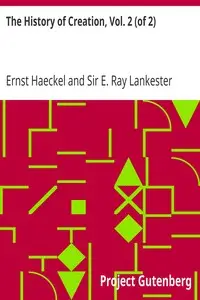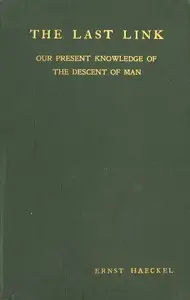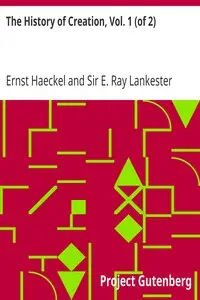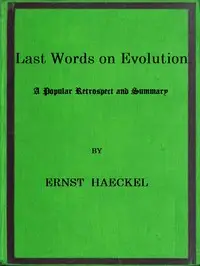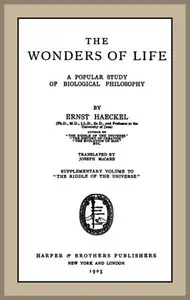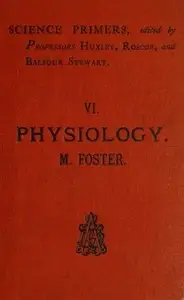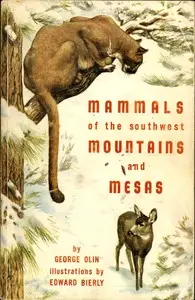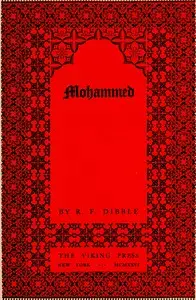"Monism as Connecting Religion and Science" by Ernst Haeckel is a scientific publication written in the late 19th century. The book contains a lecture delivered by Haeckel in 1892 aimed at reconciling the often antagonistic views of religion and science through the lens of monism, a philosophical standpoint asserting the unity of all things. Haeckel emphasizes the scientific understanding of nature as a cohesive entity and explores how this understanding can bridge the gap between empirical knowledge and spiritual belief. In this work, Haeckel outlines his views on monism, defending it against dualistic and pluralistic frameworks prevalent in traditional religious philosophies. He argues that all natural phenomena, including life, consciousness, and morality, can be understood through a unifying scientific perspective that sees humanity as part of a single cosmic process. The book delves into biological evolution, physical laws like the conservation of energy and matter, and even proposes a pantheistic view of divinity that aligns with scientific understanding. Haeckel ultimately asserts that a monistic approach not only respects the complexity of nature but also provides a robust ethical framework that can foster a deeper appreciation of both science and religion. (This is an automatically generated summary.)
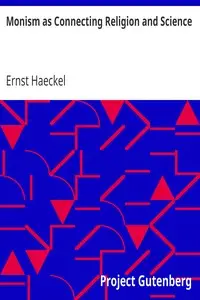
Monism as Connecting Religion and Science A Man of Science
By Ernst Haeckel
"Monism as Connecting Religion and Science" by Ernst Haeckel is a scientific publication written in the late 19th century. The book contains a lecture...
Ernst Heinrich Philipp August Haeckel was a German zoologist, naturalist, eugenicist, philosopher, physician, professor, marine biologist and artist. He discovered, described and named thousands of new species, mapped a genealogical tree relating all life forms and coined many terms in biology, including ecology, phylum, phylogeny, and Protista. Haeckel promoted and popularised Charles Darwin's work in Germany and developed the influential but no longer widely held recapitulation theory claiming that an individual organism's biological development, or ontogeny, parallels and summarises its species' evolutionary development, or phylogeny.

